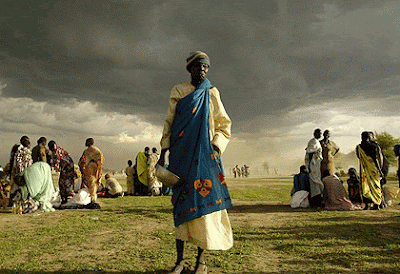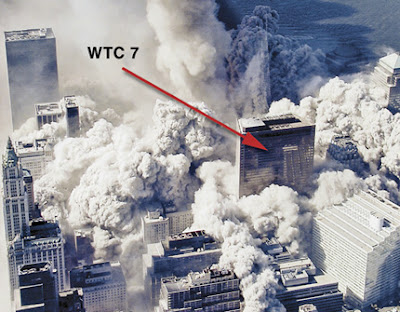Lying about war

By Diane Farsetta, Sheldon Rampton, Daniel Haack, and John Stauber of the Center for Media and Democracy Public diplomacy is a catchall term for the various ways in which the United States promotes itself to international audiences (as opposed to “regular” diplomacy, which targets foreign governments). These include international media, such as the Voice of America; cultural and educational exchanges, such as the Fulbright Program; and a wide range of information activities, including foreign press centers, speaking events and publications. As the University of Southern California’s Center on Public Diplomacy notes, the term “was developed partly to distance overseas governmental information activities from the term propaganda, which had acquired pejorative connotations.” In the United States, public diplomacy’s legislative history also involves propaganda. The Smith-Mundt Act of 1948, which provided a legal framework for public diplomacy activities, forbids the government from d...

